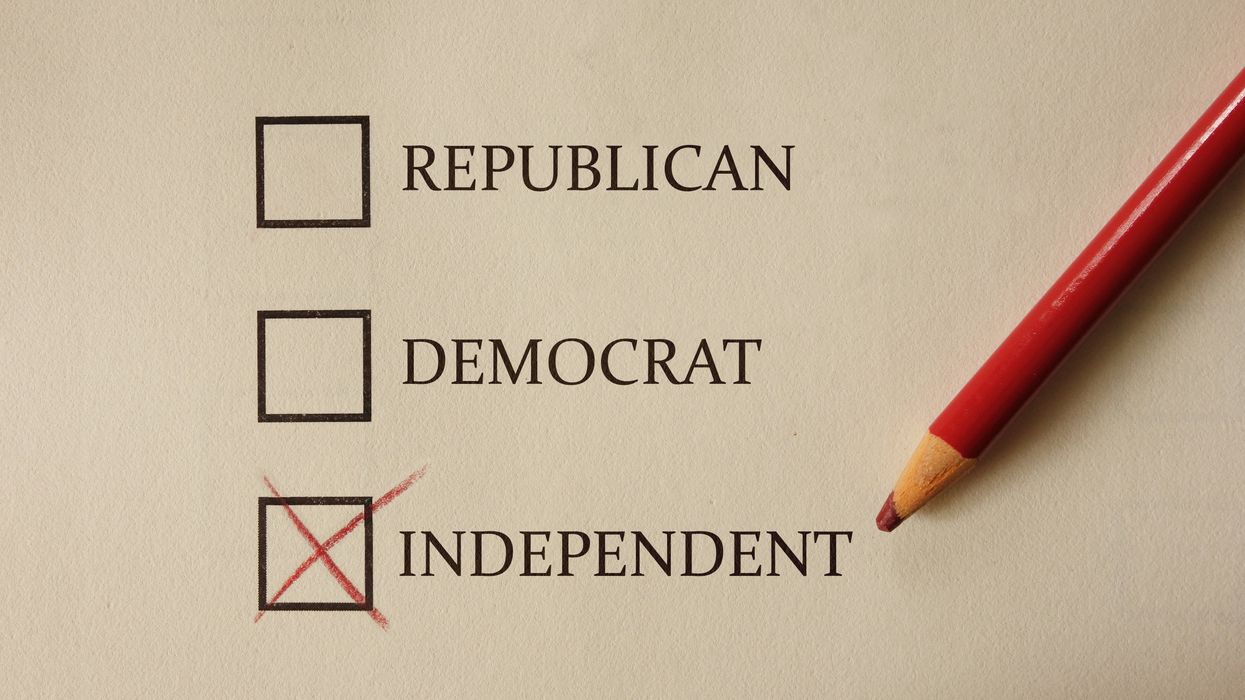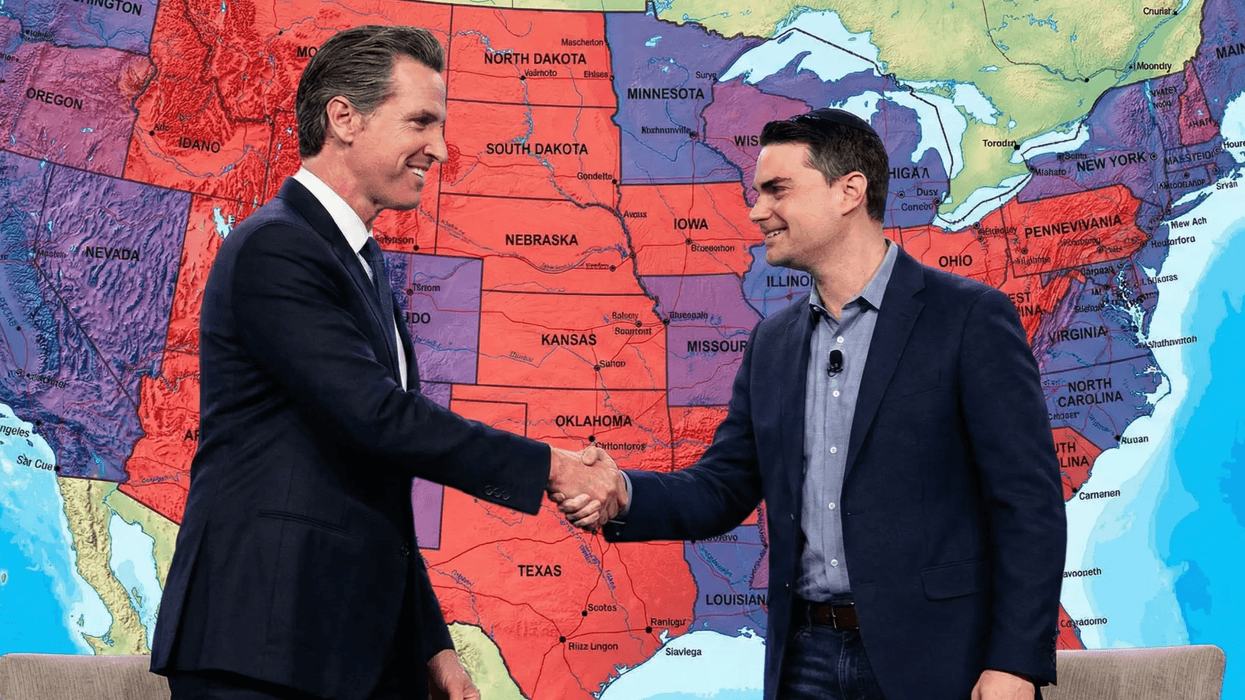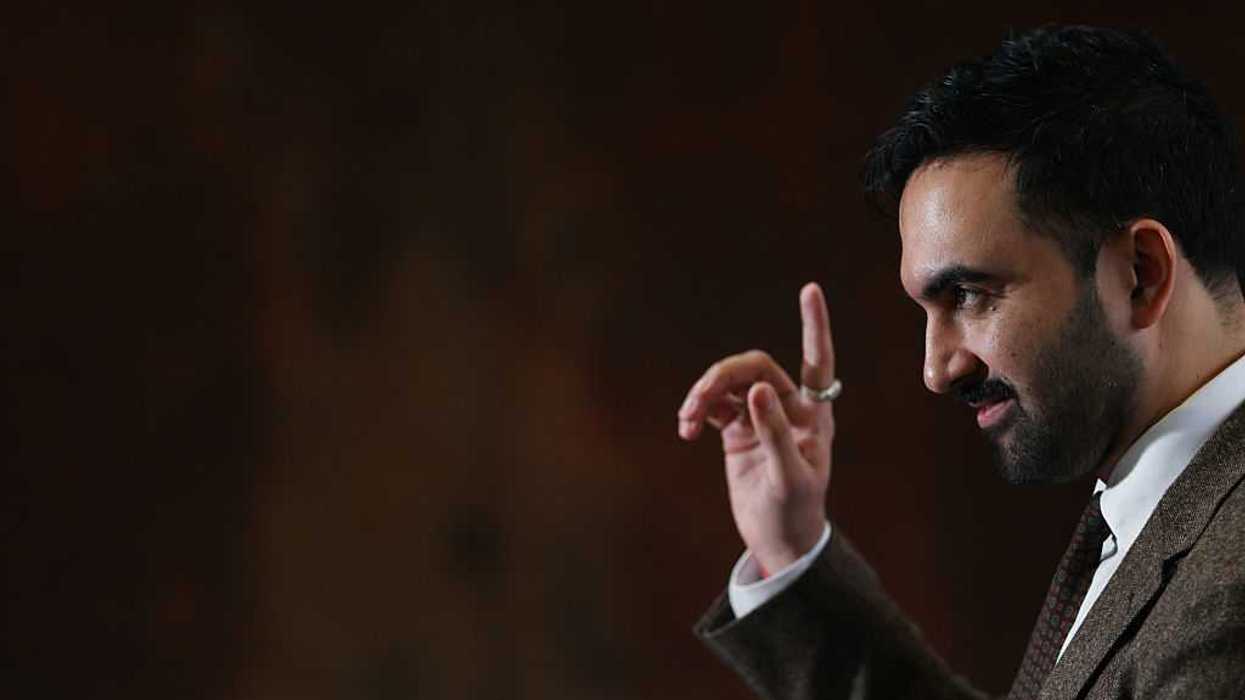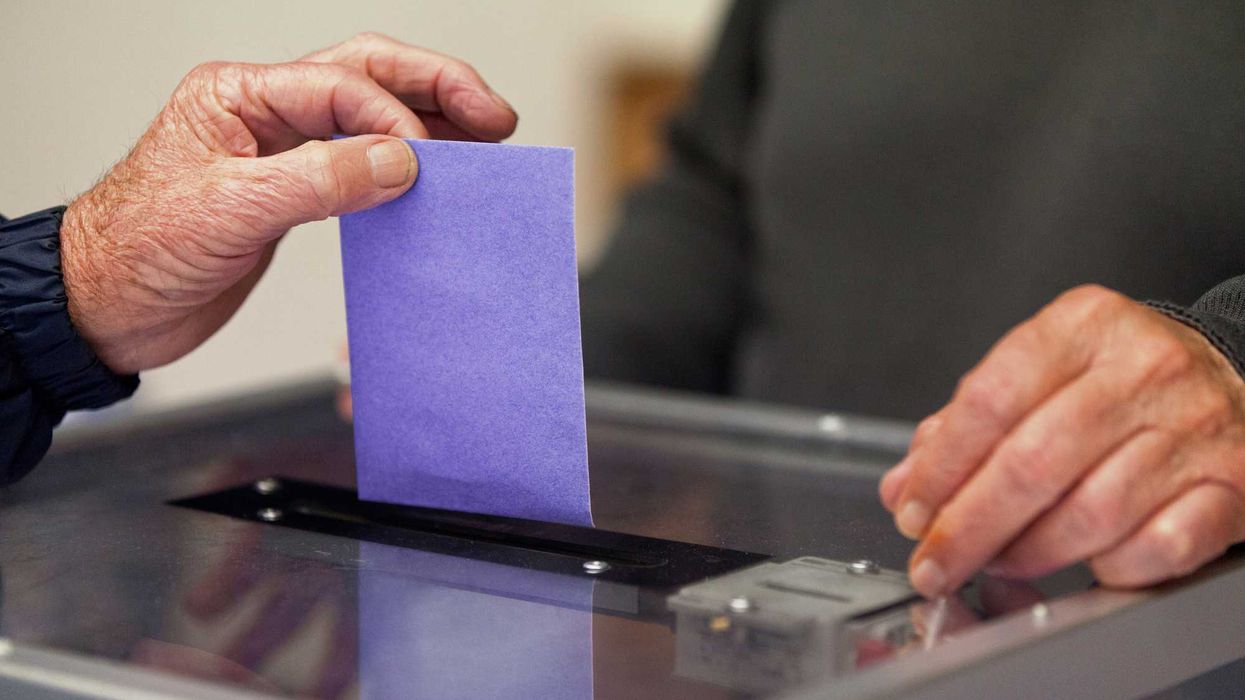The key for independents to gain a voice in American politics over and above influencing a race between a Democrat and a Republican is to find a way to be a player in Washington without creating a war with either of the two major parties, which are basically at war with each other. Independents — more than 40 percent of American voters, according to Gallup — will fail in their efforts to organize if their animating theme is to take down the two major parties.
We need what I have previously called a "tripartisan revolution," namely a revolution that provides a third force in Washington to represent the over 60 million registered voters who do not register as Democrats or Republicans. There are about 160 million registered voters out of 240 million eligible voters.
For the 60 million voters registered as unaffiliated or independent, a successful revolution would not mean achieving the same power in Washington that either the Democrats or Republicans have today. Not even close to it. Rather, a successful revolution would look like five or six independents in the Senate and 10-15 independents in the House. A very successful revolution would also see an independent elected as president.
Independents around the country need a seat at the table. This seat would provide them with sufficient leverage to not only get one party to a majority where a majority can get a budget bill passed via the reconciliation process. It can also, in some cases, enable one party to put together 60 votes from their own party, the independents and a few moderate members of the opposing major party.
The United States, in short, needs to start looking more like parliamentary democracies with three or four major parties — which is essentially almost every democracy in the world other than ours. Jettisoning the goal of bipartisanship and replacing it with the goal of tripartisanship — over a 10-year time period — provides the guiding light to achieve the revolution.
Charles Wheelan was right in “ The Centrist Manifesto ” to call for a "fulcrum strategy" to influence the way the Senate passes bills, but thinking that self-identified centrists could win at the ballot box as members of a third party was not the best way to achieve solid results for independents.
Independents, research shows, are not mostly or all centrists. They are especially anti-establishment, but they are not ideologically aligned, according to Thomas Reilly, Jacqueline Salit, and Omar Ali in “ The Independent Voter.” The magic that must be performed is finding ways to elect a diverse body of independents who, once elected or after leaving a major party, will find a way to hang together by helping the major parties pass major legislation.
To keep their seats, especially in the Senate where 60 votes are needed for major bills, they would certainly be motivated to make compromises to ensure some of those bills pass.
At present, independents, unlike Democrats and Republicans, would do well not to blast the two major parties. Indeed, finding ways to praise some elements of their party platforms could prove useful. It will not be necessary for independents to be hateful toward the system. Instead, they should more quietly organize and get independents elected to office, especially the Senate.
They will need to fight for nonpartisan legislative districts, open primaries and ranked choice voting, but even these fights need not be pitched against an enemy. Rather, they can be centered on giving millions of independent voters a seat at the table. The message, therefore, is inclusive, not divisive.
The Democrats and Republicans are going to be engaged in a hateful battle the first year of Donald Trump’s second term, and probably all through it. Independents should chart a different course. They can obtain some power and be peacemakers. They may even elect a president in 2028 or 2032 to help steer the ship.
Anderson edited "Leveraging: A Political, Economic and Societal Framework," has taught at five universities and ran for the Democratic nomination for a Maryland congressional seat in 2016.




















